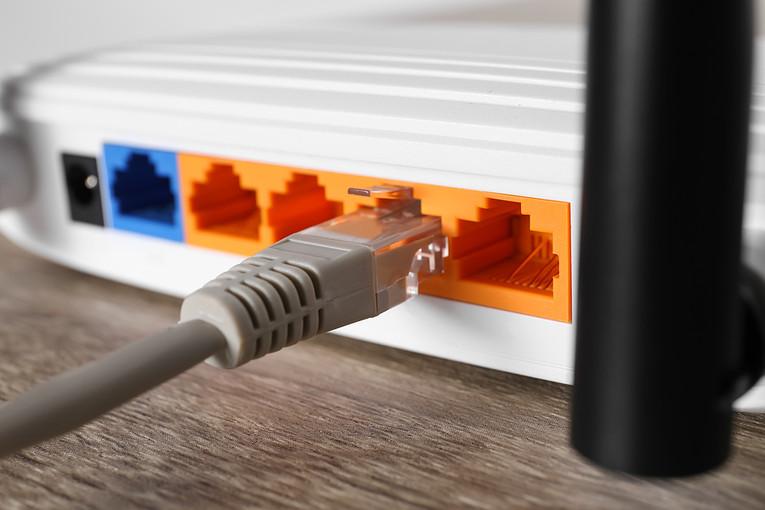 BT’s monopoly on broadcasting the Champions League in the UK could be set to end after it was revealed the telecom firm has opened talks on selling its BT Sport brand.
BT’s monopoly on broadcasting the Champions League in the UK could be set to end after it was revealed the telecom firm has opened talks on selling its BT Sport brand.
They have owned the rights to the continent’s premier competition since 2015, as well as showing Europa League matches and other sports including rugby union, MMA and even the Ashes in 2017/18.
Presumably all rights are up for grabs now after BT revealed they are listening to potential suitors, with the likes of Amazon, Disney (via its ESPN network) and DAZN all thought to be in the running.
However, reports online suggest that an ‘unnamed broadcaster’ is leading the bidding process, and the hope is that ITV – the most likely free-to-air channel to be in the running – has taken the initiative as it looks to snap up a return of football to its programming.
Another possibility is that BT will offer a ‘stake sale’ in its sports division or act as part of a joint venture, meaning they would retain some rights from their current packages.
At the moment, BT is refusing to name the brands that it is talking to, and confirmed that the process is still in its earliest phase.
A statement from the media firm reads:
“Further to media reports, BT can confirm that early discussions are being held with a number of select strategic partners, to explore ways to generate investment, strengthen our sports business, and help take it to the next stage in its growth.
“The discussions are confidential and may or may not lead to an outcome.”
It’s a seismic moment for the future of football in the UK, with many viewers complaining of BT’s below-par choice of pundits and the extortionate monthly fee – exacerbated by the fact that other BT Sport offerings are pretty thin on the ground.
From a corporate perspective, BT are said to be wanting to overhaul its broadband network and roll out its 5G capability as it seeks to ward off new threats to its main business division, and with revenue falling amid the pandemic it is believed they no longer have the financial muscle to compete for broadcast rights deals.
Is Streaming Good or Bad for Sport?

If a free-to-air broadcaster is unable to secure the rights to the Champions League, it seems highly likely that a media giant that would stream the action would be the winning bidder.
Amazon have already acquired the rights to show a package of Premier League games, and they clearly have the resources to outbid their rivals.
If they built the price of watching football into their Amazon Prime subscription, you suspect many would go for that – this is a value adding platform with plenty of TV/film content that also enables free delivery on Amazon orders.
However, if the platform opts for a pay-as-you-go style strategy, it could mean punters forking out as much as £14.95 a game – as they did during the lockdown period.
The concern for many is that, all told, the quality of a live stream is only as good as your internet connection – that’s how Amazon defended themselves when numerous viewers complained of buffering and lagging when attempting to watch Premier League matches.
For the best viewing experience, some would have to invest in faster broadband, a new router and all manner of hardware to get their connection up to scratch – more costly overheads just to watch the beautiful game.
So is streaming good for the future of live sport? The jury remains out on that topic.
